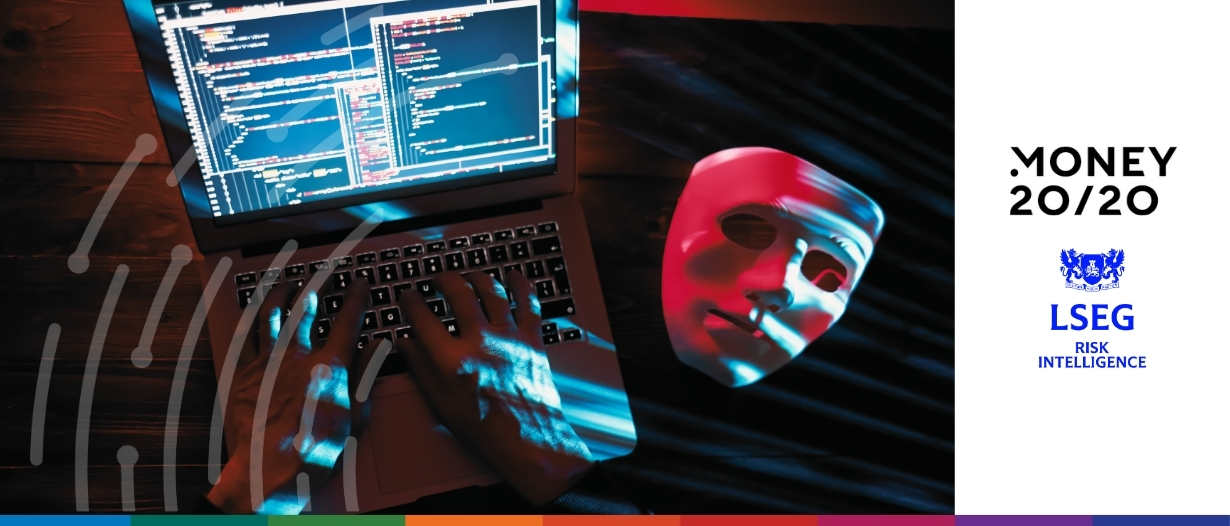At six years old, Renata Galvão was unwittingly running companies. Real businesses were being established in her name, securing loans and conducting transactions whilst she played with toys and learnt to read. When these enterprises inevitably collapsed, the debts didn’t disappear—they followed her into adulthood like shadows.
At the Money 20/20 Europe conference in Amsterdam this year, Trade Finance Global (TFG) spoke with Renata Galvão, Partner Manager at LSEG Risk Intelligence.
“Obviously, it wasn’t my fault,” Galvão reflected, “but there was a lot of money that needed to be paid.” Her childhood identity had been weaponised by criminals who vanished abroad, leaving her to face the financial wreckage years later.
Galvão’s story is alarmingly ordinary. In America alone, 1.25 million children fall victim to identity theft annually: one in fifty young people, whose futures are mortgaged before they can even understand what money means.
The digital age has transformed childhood into a minefield of vulnerability. Even something as innocent as a birthday photo, which parents share on social media, forms a treasure trove for criminals seeking names, birthdates, and addresses. LSEG research suggests that by 2030, parental oversharing will fuel two-thirds of youth identity theft cases.
The financial sector’s response has been fragmented. Whilst 87% of institutions acknowledge fraud prevention delivers strong returns on investment, many lack robust age verification protocols. Criminals exploit this gap, using children’s personal information with altered birthdates to bypass basic checks.
Reputational damage compounds the financial losses. In 73% of cases, perpetrators are known to victims, often family members, creating complex legal scenarios that deter prosecution. Banks face customer attrition, regulatory penalties, and erosion of trust when these cases surface.
The solution requires industry-wide transformation: enhanced identity verification, mandatory age checks, biometric authentication, and specialised transaction monitoring for minor accounts. With AI predicted to double impersonation attacks, financial institutions must act decisively.





























